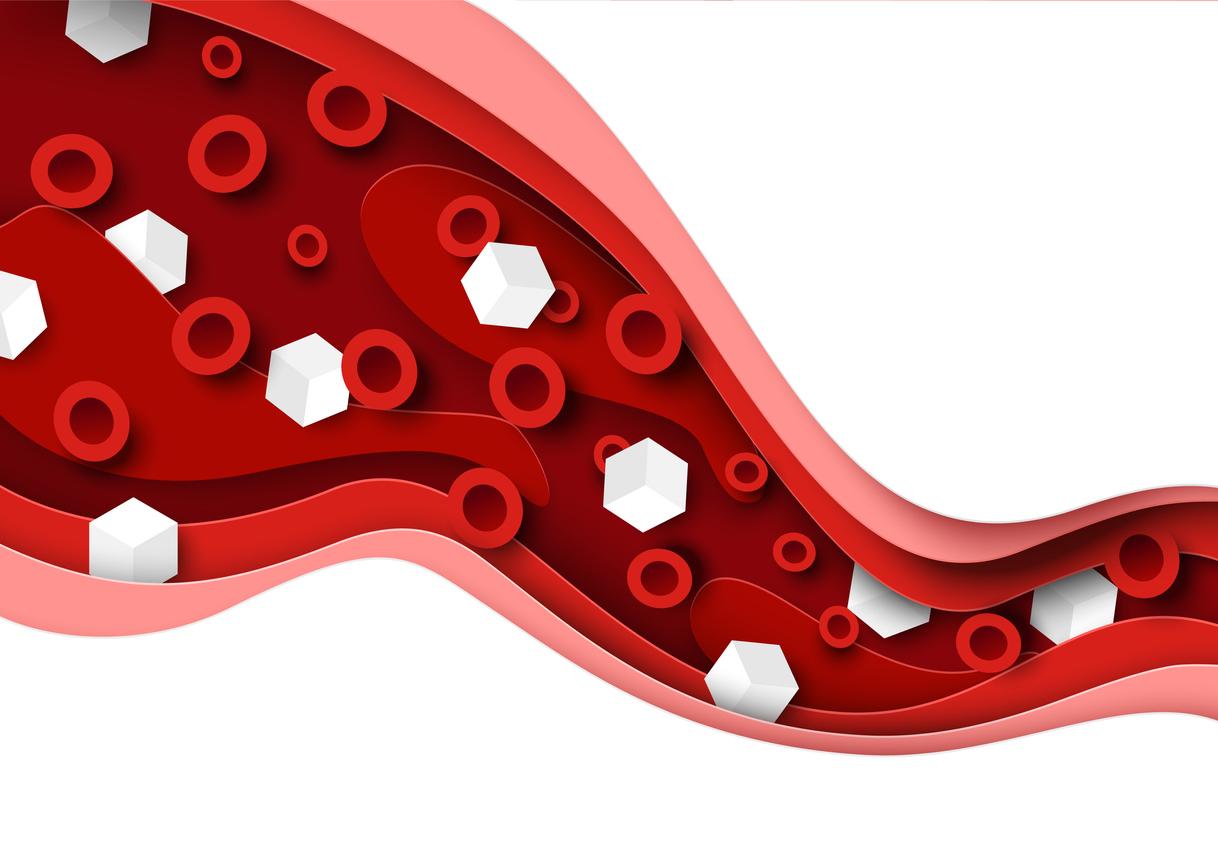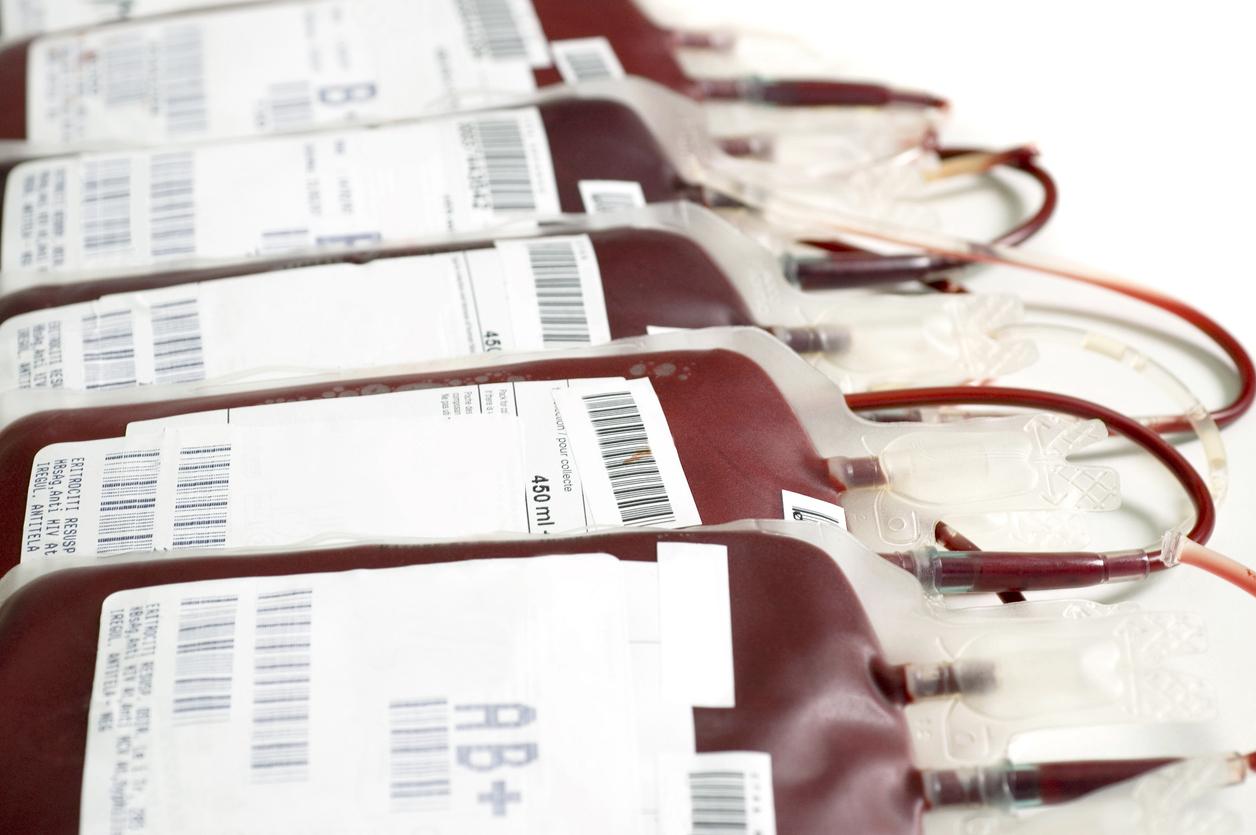
February 14, 2017.
According to a study conducted by a team of French and American researchers, it will soon be possible to detect a prion disease, such as Creutzfeldt-Jakob disease, at an early stage, only with a blood test.
Find rare diseases with blood tests
Prion diseases are ” rare diseases, characterized by degeneration of the central nervous system and the formation of aggregates of a specific protein », Details the National Institute of Health and Medical Research (Inserm). These diseases could until now be detected with a biopsy of the tonsils.. But this invasive gesture could soon be replaced by a simple blood test.
It is in any case on this file that Stéphane Haïk, research director at Inserm and coordinator of the National Reference Center for unconventional transmissible agents at the Pitié-Salpêtrière hospital, and Claudio Soto, professor of neurology at the Pitié-Salpêtrière hospital, are working on. UTHealth Medical School and Director of the George and Cynthia W. Mitchell UTHealth Center for Alzheimer’s Disease.
Detect the disease before the first symptoms appear
According to their work, Creutzfeldt-Jakob disease was detected in the blood of two patients 16 months and 31 months before the onset of the first symptoms. This discovery ” gives hope that one day we will do the same for other neurodegenerative diseases like Parkinson’s or Alzheimer’s disease, also due to the accumulation of a toxic protein », Rejoiced Prof. Stéphane Haïk.
According to Inserm, ” other body proteins involved in certain diseases “Can indeed” adopt the same behaviort ‘that the prion protein : ” the beta-amyloid peptide involved in Alzheimer’s disease, alpha-synuclein in Parkinson’s disease, or the p53 protein in cancer “. The earlier these diseases are detected, the more irreversible damage caused by the disease in the brain is avoided. New work will therefore be necessary to find out whether a simple blood test could one day detect Parkinson’s or Alzheimer’s disease.
Marine Rondot
Read also: A blood test capable of detecting Alzheimer’s disease?














